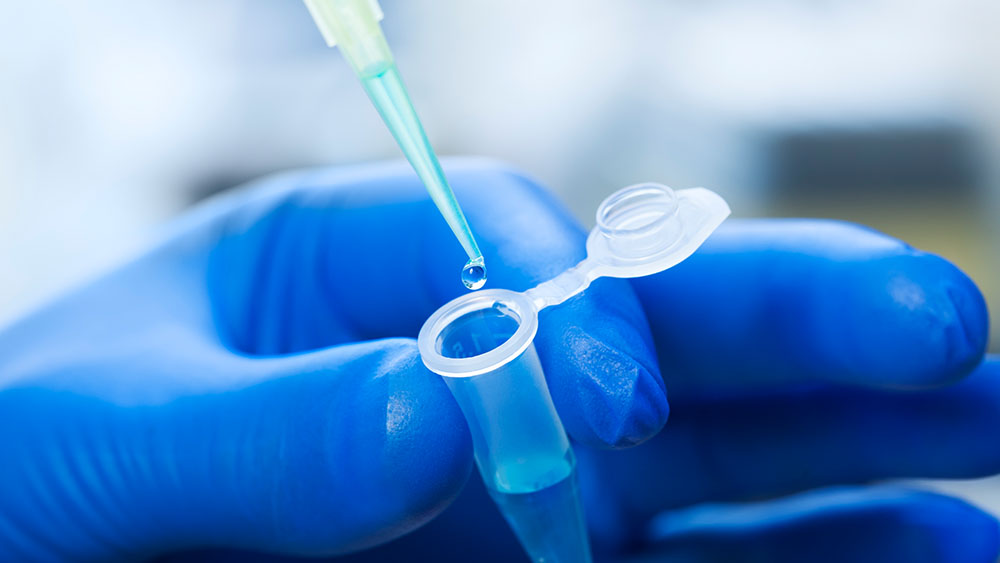
During the research, molecular analysis of the cell samples revealed higher activation of two types of RNA in patients with severe COVID-19. Source: Getty Images

During the research, molecular analysis of the cell samples revealed higher activation of two types of RNA in patients with severe COVID-19. Source: Getty Images
What you need to know
COVID-19 infections vary widely in their severity. Some people with COVID-19 get very sick, while other people have no symptoms and never even know they had it. If researchers can understand why this happens, it might help them treat or even prevent more severe cases. In a small study supported by the National Heart, Lung, and Blood Institute and the National Institute of Allergy and Infectious Diseases (NIAID), researchers analyzed ribonucleic acid (RNA) data from COVID-19 patients. They found that people with severe disease had higher activation of immune-related RNA molecules called NEAT1 and MALAT1.
RNA is a type of molecule in our bodies. Different types of RNA serve many different purposes. Studying how RNA is expressed, or activated, can help scientists understand how our bodies work when they are healthy and when they are sick.
What did the researchers do?
The researchers looked at RNA sequences taken from the lung and blood cells of 16 patients with COVID-19 and nine healthy people. The samples were collected between January and April 2020.
The researchers divided the patients into two groups: Those who needed to be put on ventilators were considered to have severe COVID-19, and the rest of the patients were categorized as having mild disease. The samples were taken so early in the pandemic that no COVID-19 vaccines had yet been developed, so none of the patients had been vaccinated.
Molecular analysis of the cell samples revealed higher activation of two types of RNA — called NEAT1 and MALAT1 — in patients with severe COVID-19. Everyone, including healthy people, has both NEAT1 and MALAT1, which are involved in helping our immune systems respond to infection. This study shows that an aggressive immune response in the form of overactive NEAT1 and MALAT1 could hurt our bodies and make us sicker, leading to more severe disease.
Why is this research important?
Finding the signs and causes of severe COVID-19 can help scientists develop treatments. In this case, future treatments that target NEAT1 and MALAT1 may help calm down an overactive immune system and prevent someone from getting sicker.
Where can I go to learn more?
- NIH shares information, news, and updates about the research response to COVID-19.
More Genetic Clues to COVID-19 Susceptibility and Severity
- In a post on the NIH Director’s Blog, Francis Collins, M.D., Ph.D., reviewed other research studies into molecular markers of severe COVID-19.
- NIAID researchers are leading an international collaboration to better understand the immune system’s role in COVID-19.
Sources
Huang, K., Wang, C., Vagts, C., Raguveer, V., Finn, P. W., & Perkins, D. L. (2022). Long non-coding RNAs (lncRNAs) NEAT1 and MALAT1 are differentially expressed in severe COVID-19 patients: An integrated single-cell analysis. PLOS ONE, 17(1), e0261242. https://doi.org/10.1371/journal.pone.0261242

News and Stories
Read stories about the efforts underway to prevent, detect, and treat COVID-19 and its effects on our health.
 An official website of the United States government
An official website of the United States government

